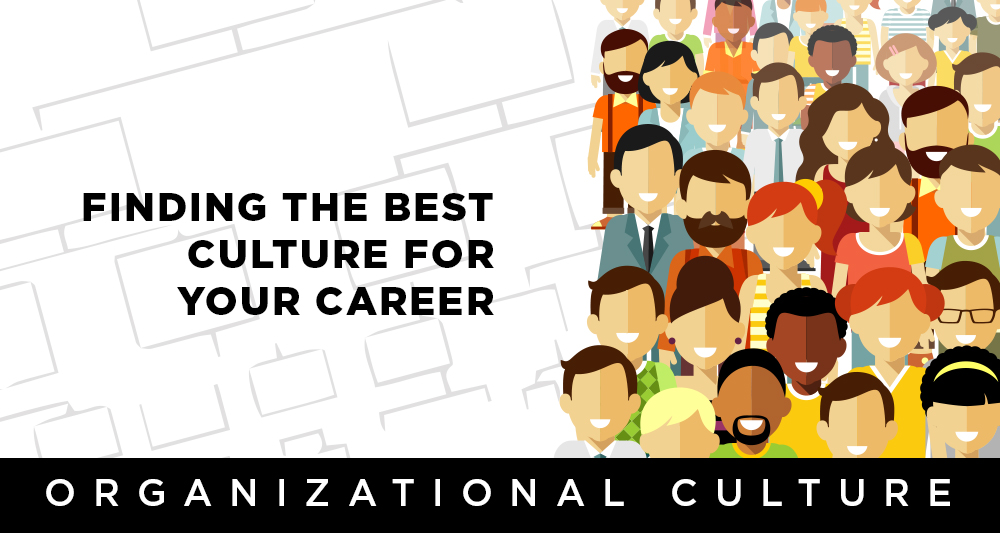When searching for a new roommate, you might list out potential characteristics for your ideal roommate. You might then post an ad looking for a person who doesn’t have pets to avoid allergies, who isn’t rowdy because you have an early work schedule, or someone who has stable income to make sure you’re not stuck with the bills. We are typically aware of the qualities we are interested in when selecting a new roommate, friend or significant other. However, we tend to overlook the qualities of an organization when determining where to build our careers. It’s easy to zip right past the importance of organizational culture and simply focus on the high-level job description and how much money we will make. This process can land you in a job, but you may be working at a company with a culture that doesn’t match your needs and preferences. This is akin to living with a roommate who never cleans up after themselves, takes your stuff without permission and has their band practice during all hours of the night. They may cut the cost of rent and pay the bills on time, but are you happy?
What is Organizational Culture?
The term organizational culture has a variety of definitions. In its simplest form, organizational culture is the personality of the organization. Similar to the personality of an individual, an organization’s culture can be seen in how decisions are made, how the organization communicates with others, how the organization treats customers and how the organization treats its employees.
Why Does Organizational Culture Matter?
Similar to personalities, there is not one organizational culture that is appealing to everyone. You may prefer an organizational culture that values teamwork while your friend prefers a culture that encourages working independently.
Just like it is important to understand the qualities you desire in relationships, it is important to understand the qualities or culture you desire in a workplace.
Research has shown that employees working in an organization with a culture that best suits them were:
- More committed
- Better performers
- Less likely to quit
- Less likely to exhibit signs of depression
- Less likely to struggle with job-related anxiety
When looking for a new job, take the time to reflect on what you need from an organization in order to thrive. During the interview process, determine if you can do the job and if the company is the right place for you. Interview the company to find out if the organization’s culture matches your needs. You should be able to ask questions about the organization’s culture during the interview and get clear answers. If an organization can’t give you answers about their culture during the interview process, it may not be worth your career or health to work there.
England Logistics’ culture is driven by specific core values. The company is highly invested in training and developing employees to promote career development. There is also an open door policy to embrace open communication, an expected level of accountability and a drive to regularly celebrate accomplishments. The recruiting team is very open with candidates about England Logistics’ organizational culture and tries to only hire candidates who would best fit the culture.
Set your career up for success by working with a company that meets your preferences. If you find that your current position doesn’t fit your needs, it might be time to start searching.



